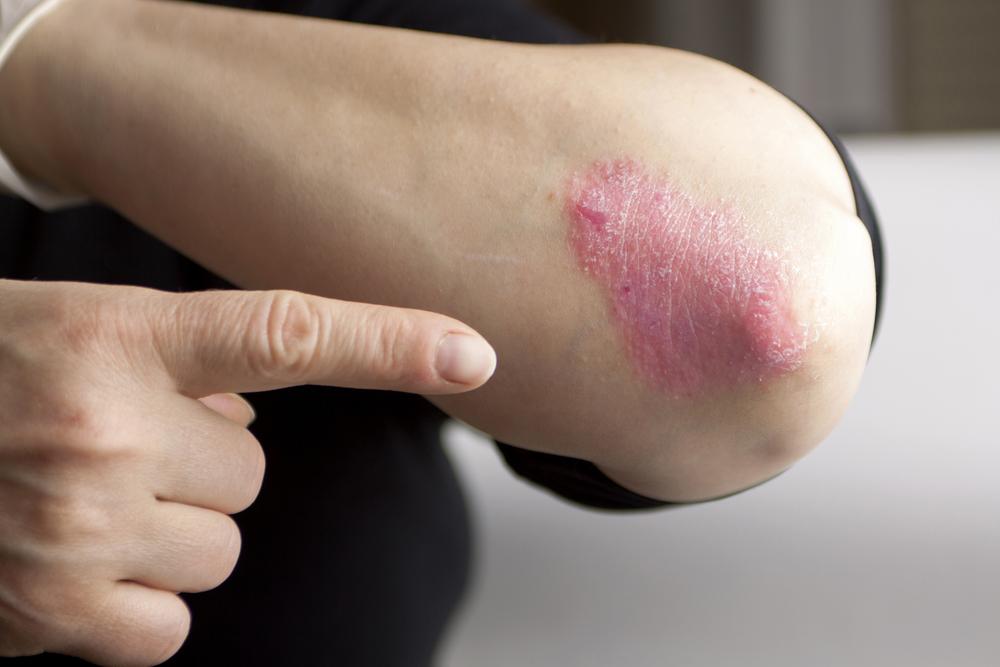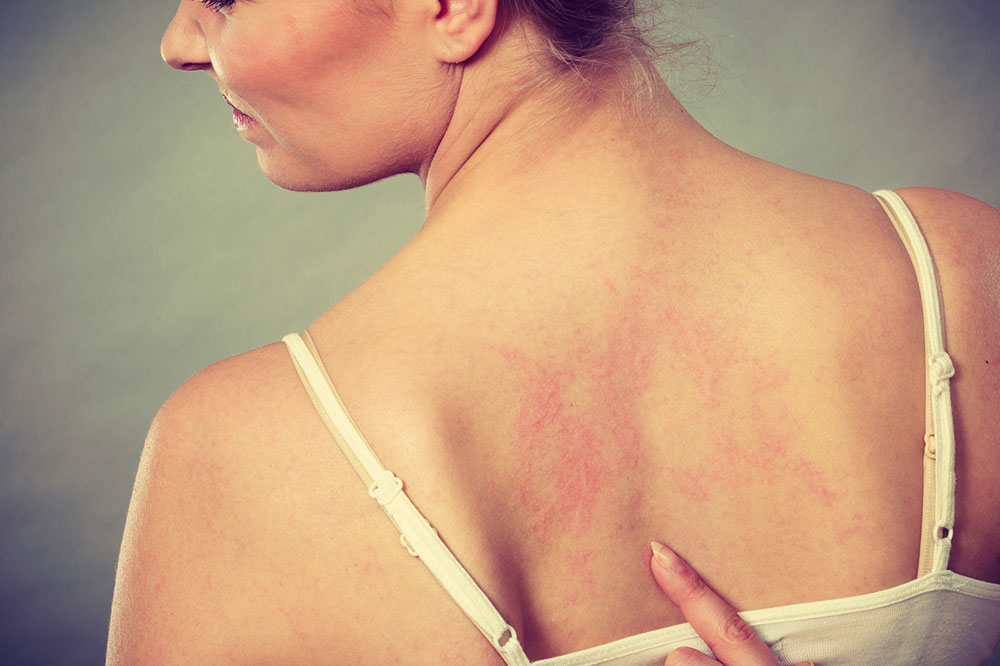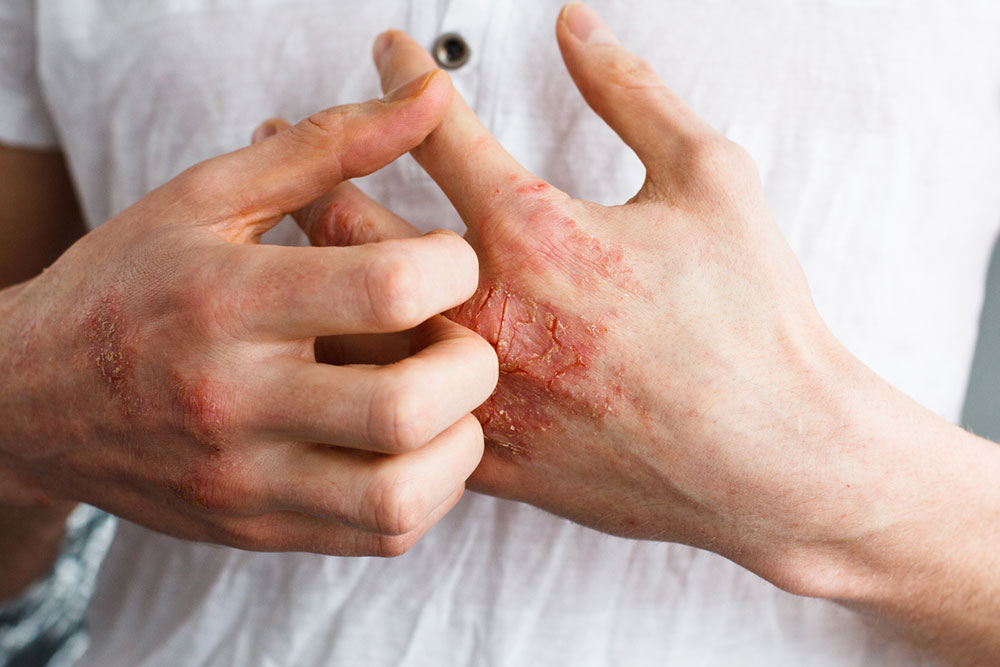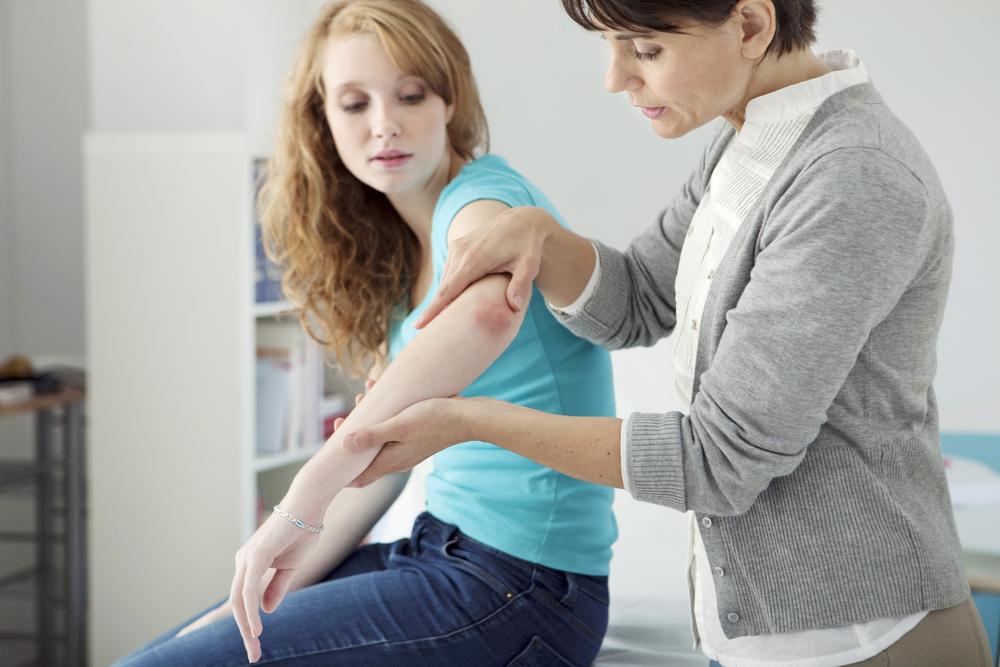Comprehensive Guide to Managing Genital Psoriasis: Symptoms, Causes, and Treatments
This comprehensive guide explores genital psoriasis, detailing symptoms, causes, and treatment options. It emphasizes the importance of accurate diagnosis, personalized management approaches, and emotional support. By understanding triggers and seeking professional care, individuals can effectively manage this condition, improve their quality of life, and maintain confidence in intimate situations.

Understanding Genital Psoriasis: Symptoms, Causes, and Management
Genital psoriasis is a long-term skin condition impacting the intimate areas, leading to discomfort and emotional strain. While psoriasis primarily affects the skin, its occurrence in sensitive regions presents unique challenges. This article offers detailed insight into genital psoriasis, including its signs, origins, and treatment options, presented with professionalism and respect.
What is Genital Psoriasis?
Psoriasis is an autoimmune disorder characterized by rapid skin cell growth, resulting in red, scaly patches. When it occurs in the genital region, it is termed genital psoriasis. It affects both men and women, typically involving areas like the groin, inner thighs, and buttocks. Unlike other psoriasis areas, the moist environment results in smoother, less scaly patches.
Symptoms of Genital Psoriasis:
Common symptoms include:
Red patches: Usually smooth and less scaly than other psoriasis patches.
Itching and irritation: The sensitive area can make these symptoms particularly bothersome.
Burning sensation: Some may feel burning sensations, especially during physical activity or intimacy.
Dryness and cracking: Skin may become dry, leading to cracks and irritation.
Causes and Triggers:
The precise cause of psoriasis remains unclear, but genetic, immune, and environmental factors contribute. Triggers include:
Stress: Emotional stress can worsen symptoms.
Infections: Certain infections, like strep throat, can trigger flare-ups.
Skin injuries: Cuts or scrapes may provoke outbreaks.
Diagnosis and Treatment
A healthcare provider usually diagnoses genital psoriasis through physical exams, sometimes accompanied by a biopsy to exclude similar conditions. Effective management involves:
Topical medications: Such as corticosteroids and medicated creams to reduce inflammation and itching.
Moisturizers: Gentle, fragrance-free lotions help maintain skin hydration.
Avoiding triggers: Managing stress and avoiding harsh soaps may reduce flare-ups.
Phototherapy: Light therapy could be beneficial in some cases.
Healthy lifestyle: Balanced diet and regular exercise support overall skin health.
Psychological Effects:
Living with genital psoriasis may impact mental health and relationships. Support from healthcare professionals, counselors, or support groups can provide much-needed assistance, enhancing quality of life.
Proper understanding, management strategies, and open dialogue with medical professionals allow individuals to handle this condition effectively, leading to improved well-being and confidence.










